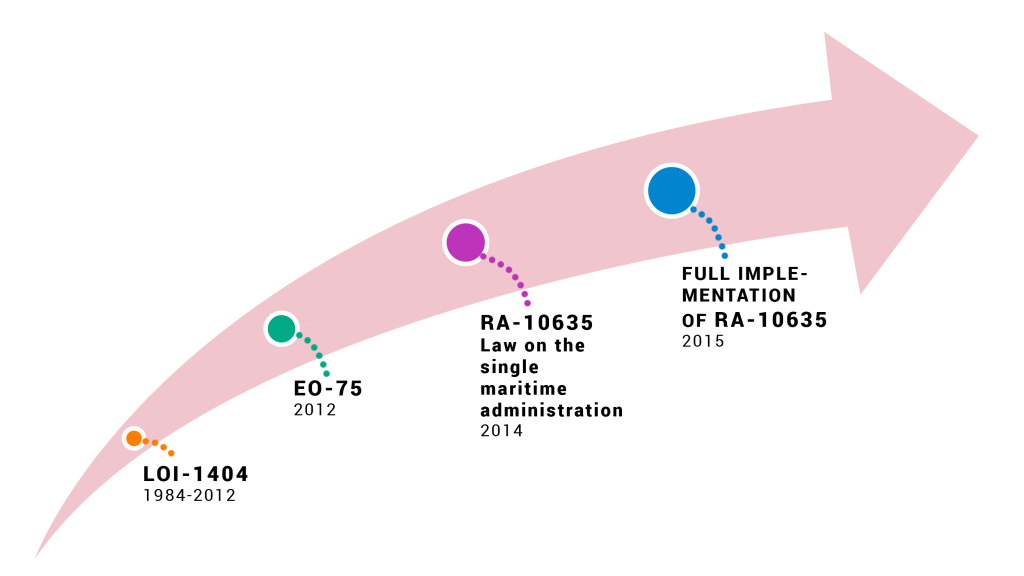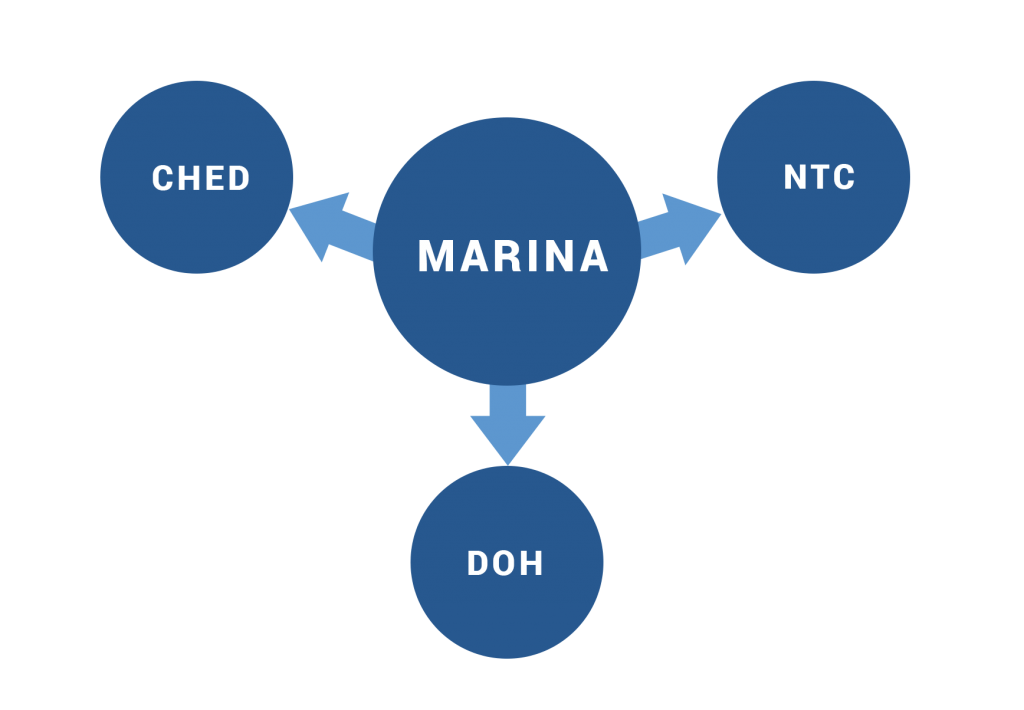About STCW
The International Maritime Organization (IMO), which is a United Nations agency based in London, UK, is the primary body which has driven much international regulations in the maritime industry. Over the years, it has established conventions and codes of conduct to regulate international shipping. IMO’s standards traditionally have concentrated on technical standards for ship construction, maintenance, operation and equipment. More recently, however, it has given greater recognition to the overwhelming influence of human factors in shipping incidents and has sought to develop appropriate standards for human behavior, through such measures as the International Convention on the Standards of Training, Certification and Watchkeeping (STCW), among others.
The STCW Convention adoptated on July 7, 1978 came into force on April 28, 1984 and underwent major revisions in 1995 and 2010. One objective in amending the Convention related to the adoption for the first time of an enforcement role by the IMO. Parties to the Convention are today required to submit documentation to the IMO describing compliance with the requirements of the Convention in some detail. Parties who fully comply with the Convention are subsequently listed by the IMO’s Maritime Safety Office as ‘confirmed parties in compliance with the STCW Convention’. This list is known in the industry as the ‘White List’ of nations compliant with the agreed education and training practices.
Flag states (those under whose national flag a ship sails, and whose register of shipping each vessel is recorded) in support of global regulation of the IMO and pursuant to Regulation 1/10 of the STCW Convention may visit labor supplying countries which seek to have licenses/certificates of their seafarers issued locally to be endorsed or recognized by third party states. As part of such visits, they may scrutinize procedures and local education and training provision as well as method of assessment.
The Implementation of STCW Convention in the Philippines
The implementation of the STCW Convention in the Philippines has evolved from a Letter of Intent (LOI) to an Executive Order and finally an enactment by Congress. The LOI 1404 was issued in 1984 after Philippine accession to STCW’78. Created the Maritime Training Council (MTC) to give full and complete effect to STCW. It is a Council of 11 government agencies plus 2 private sector representatives.
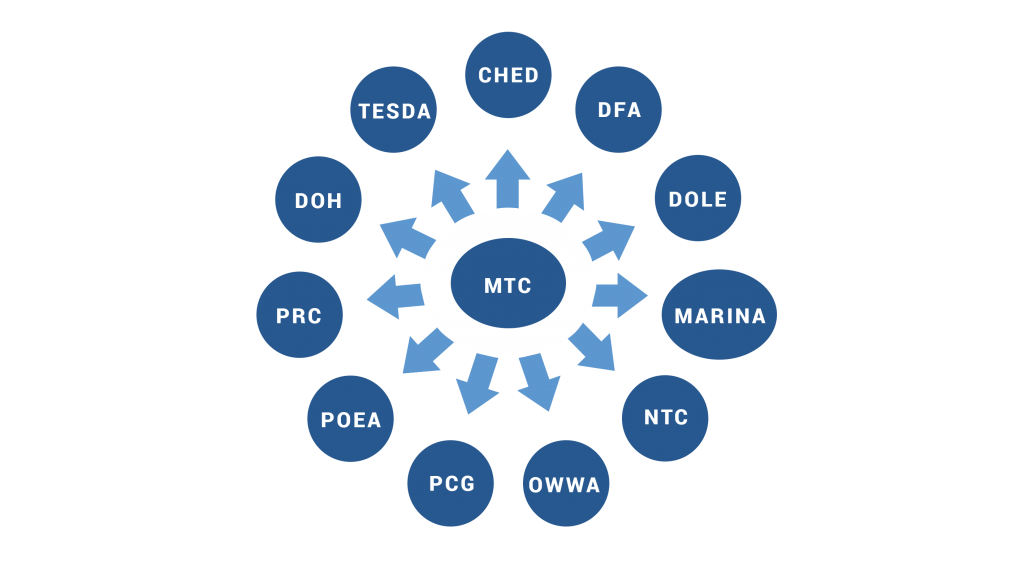 The drawbacks of the MTC as STCW Administration are that there are numerous cabinet level departments/offices involved in the decision making, sometimes divergent, sometimes overlapping mandates. There was an impossibility of exercising command and control functions and these resulted to the difficulty in aligning policies and regulations.
The drawbacks of the MTC as STCW Administration are that there are numerous cabinet level departments/offices involved in the decision making, sometimes divergent, sometimes overlapping mandates. There was an impossibility of exercising command and control functions and these resulted to the difficulty in aligning policies and regulations.
Executive Order 75 (MARINA as STCW Administration, Phase 1)
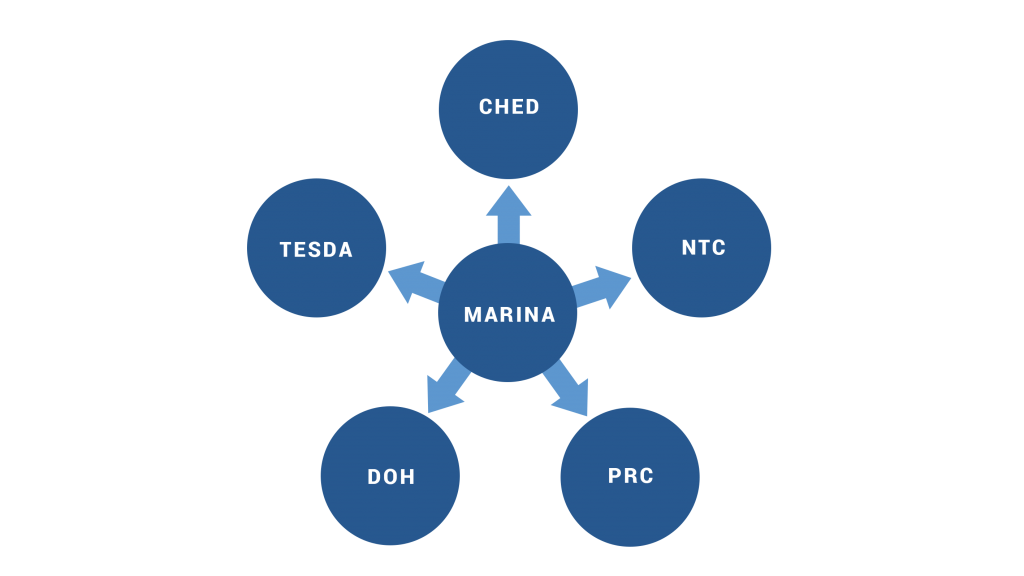 By virtue of EO 75, the functions of the MTC was transferred to MARINA. However, there are STCW functions retained by 5 other agencies in view of its legal mandates which an EO cannot supersede. There had been great challenges in exercising oversight function thereby affecting the alignment of policies and regulations.
By virtue of EO 75, the functions of the MTC was transferred to MARINA. However, there are STCW functions retained by 5 other agencies in view of its legal mandates which an EO cannot supersede. There had been great challenges in exercising oversight function thereby affecting the alignment of policies and regulations.
Thus the move to push for the enactment of STCW Administration Law [also known as the Manalo Law, in honor to its author, Angkla Partylist House Representative Jesulito Manalo. RA 10635 establishes the…
Republic Act No. 10635 was signed into law by His Excellency President Benigno Simeon Aquino III on March 13, 2014. It is the first law enacted by the 16th Congress of the Philippines. The law consolidates all STCW certification functions under MARINA. In less than three months, the Implementing Rules and Regulations (IRR) was drafted and approved. In November of last year, MARINA absorbed certification functions from the Professional Regulations Commission (PRC) followed by the collapse of affected Quality Standards System (QSS) and the subsequent revision of the MARINA QSS. Meanwhile, the residual STCW functions in other agencies are more complementary in nature such as the officers’ courses development by CHED, the radio communications standards by the National Telecommunications Commission (NTC) and the health standards by the Department of Health (DOH)
EXECUTIVE ORDER NO. 75, S. 2012
DESIGNATING THE DEPARTMENT OF TRANSPORTATION AND COMMUNICATIONS (DOTC), THROUGH THE MARITIME INDUSTRY AUTHORITY, AS THE SINGLE ADMINISTRATION IN THE PHILIPPINES RESPONSIBLE FOR OVERSIGHT IN THE IMPLEMENTATION OF THE 1978 INTERNATIONAL CONVENTION ON STANDARDS OF TRAINING, CERTIFICATION AND WATCHKEEPING FOR SEAFARERS, AS AMENDED
WHEREAS, the Philippines is the premiere provider of competent and certificated seafarers in the international seaborne trade, accounting for more than 25% of the total crew requirements on board international merchant marine vessels, performing management and operational functions as well as support services on ships of various types, categories and sizes;
WHEREAS, the Philippines’ shipboard personnel is a consistent major contributor to the Philippine economy through its foreign exchange earnings in the amount of more than US$3 Billion annually;
WHEREAS, it is of paramount national interest that the competitiveness of the Filipino seafarer be promoted and sustained and thereby ensure that they are accorded consistent priority in employment and that their job security is maintained;
WHEREAS, the above objective can only be fully achieved through the institution of a single maritime authority in the Government to oversee and supervise the maritime education, training and certification system in accordance with the adopted international standards at all levels;
WHEREAS, the 1978 International Convention on Standards of Training, Certification and Watchkeeping (STCW Convention) for Seafarers, as amended, is a maritime safety instrument which sets the global standard of training and certification for seafarers engaged in the international shipping trade which was adopted under the auspices of the International Maritime Organization (IMO), the United Nations specialized agency responsible for safe and secure shipping and the protection of the marine environment through the prevention of pollution from ships, and which views training and education of seafarers as indispensable elements of crew competence, the software component of maritime safety;
WHEREAS, the Philippines is a party to the STCW Convention through the Instrument of Accession submitted to the IMO on 11 January 1984;
WHEREAS, since 1988, the Maritime Industry Authority (MARINA), as the flag state administration had originally undertaken the implementation of the STCW Convention, as amended, relative to the issuance of the Certificates of Competency to all seafarers from the period 1988 to 2000, pursuant to Executive Order No. 125-A (s. 1987);
WHEREAS, as a result of the adoption of the 2010 STCW Amendments, also known as the “Manila Amendments” which took effect on 1 January 2012, that imposes upon the maritime administration extensive responsibilities to satisfy full and complete compliance thereof, there is an urgent need for the Philippines to institutionalize a single maritime administration to lead, and supervise the comprehensive review and amendment, if necessary, of existing laws, rules and regulations, including undertaking other appropriate measures to ensure full and complete compliance with the Manila Amendments;
WHEREAS, it is recognized that full and complete implementation to institutionalize a single maritime administration will still entail congressional action to amend or revise the legal mandates of the Professional Regulatory Commission (PRC) and the Commission on Higher Education (CHED); and
WHEREAS, the Revised Administrative Code of 1987, among other laws, empowers the President with continuing authority to reorganize the Executive Department.
NOW, THEREFORE, I, BENIGNO S. AQUINO III, President of the Philippines, by virtue of the powers vested in me by law, do hereby order:
SECTION 1. STCW Administration. The Department of Transportation and Communications (DOTC) through the MARINA shall exercise oversight and supervision over compliance with all qualification requirements and conditions under the STCW Convention, as amended, relating to maritime education, training and certification, subject to existing and applicable laws.
SECTION 2. Designation of Single Maritime Administration. In the exercise of the oversight and supervisory functions relating to STCW implementation, DOTC, through the MARINA, is hereby designated as the single and central maritime administration. For this purpose, and subject to existing and applicable laws, MARINA is hereby authorized to issue the appropriate Certification for the deployment of seafarers in the international seaborne trade consistent with the STCW 2010 Manila amendments.
In order to effectively carry out this function, DOTC through MARINA, shall issue the implementing rules and regulations to ensure that all legal and administrative measures taken and provided by the concerned government agencies and instrumentalities are appropriate and compliant to the STCW Convention, as amended;
DOTC, through the MARINA shall likewise review existing laws, rules and regulations, and undertake appropriate action to recommend to Congress the enactment of appropriate measures to revise or amend any and all existing laws, whenever warranted, to comply with and implement STCW Convention, as amended.
SECTION 3. Transfer of Functions of the MTC. The functions of the existing Maritime Training Council (MTC) created under Letter of Instructions No. 1404 (1984) and the function of the Technical Education and Skills Development Authority (TESDA) to issue the Certificate of Competency for Ratings by virtue of Executive Order No. 242 (s. 2000) shall be transferred to the DOTC, through the MARINA. Its functions, the records, equipment, facilities, rights, and other assets and personnel are hereby transferred to the DOTC, through the MARINA.
SECTION 4. Role of Other Departments, Bureaus, Offices, Agencies, Instrumentalities of the Government. For the DOTC to effectively carry out the above-stated functions, all departments, agencies, bureaus, offices, including Government-Owned or Controlled Corporations (GOCCs) are hereby directed to render full assistance and cooperation to the DOTC, through the MARINA, as may be necessary and appropriate in the performance of its functions; and
SECTION 5. Funding and Personnel. The amount necessary to carry out the implementation of this Executive Order shall be chargeable against such funds as may be identified by the Office of the President and the DOTC. The creation of additional plantilla positions and hiring of additional personnel to carry out the functions enumerated therein shall be authorized in coordination with the Department of Budget and Management (DBM). Thereafter, appropriations for the STCW implementation shall be included in the budget of the DOTC, through the MARINA.
SECTION 6. Implementing Rules and Regulations. The DOTC, through the MARINA, shall, within thirty (30) days from the effectivity of this Executive Order, promulgate rules and regulations necessary to ensure the effective implementation of this Executive Order.
SECTION 7. Repealing Clause. Letter of Instruction No. 1404 (1984) and Executive Order No. 242 (s. 2000) are hereby repealed All other orders, rules, regulations and issuances, or parts thereof, which are inconsistent with this Executive Order are hereby repealed or modified accordingly.
SECTION 8. Transitory Provision. The MTC and TESDA shall continue to discharge their respective functions within thirty (30) days from effectivity of this Executive Order or until such time that the DOTC, through the MARINA, shall have fully established procedures relative to the transfer and assumption of functions stated herein.
SECTION 9. Separability Clause. If any provision of this Executive Order is declared invalid or unconstitutional, the other provisions not affected thereby shall remain valid and subsisting.
SECTION 10. Effectivity. This Executive Order shall take effect fifteen (15) days after its publication in a newspaper of general circulation.
DONE in the City of Manila, this 30th day of April, in the year of Our Lord, Two Thousand and Twelve.
To sustain the status of the Philippines as a major provider of qualified and competent seafarers in the world maritime labor market.
To ensure that Filipino seafarers are well-educated, well-trained and well-equipped with knowledge and competences aligned with national and international standards in order to develop them into a globally-competitive seafaring workforce.
In support to the Vision and Missionof MARINA, the MARINA-STCWO is committed to ensure:
SONIA B. MALALUAN NANETTE Z. VILLAMOR-DINOPOL NENITA S. ATIENZA SAMUEL L. BATALLA Capt. VICENTE C. NAVARRO HAROLD G. TARUN MAGS MARIELLE I. RUIZ GALILEO M. GARCIA MADILINE JOANNA F. GALVE LURENCE V. CARACE JOSEPHINE O. CASTILLO DALMACIO L. GONZALES JR. HERBERT V. NALUPA ATTY. FERNAN H. CABRAL MARISSA G. ESGUERRA GILBERT T. GUERRERO VIRVIC PAUL C. ERESE JONREY M. CALDERON ENGR. RONNIE D. GERNATO CAPT. DANILO G. AREVALO C/E REYNALDO S. RABINO
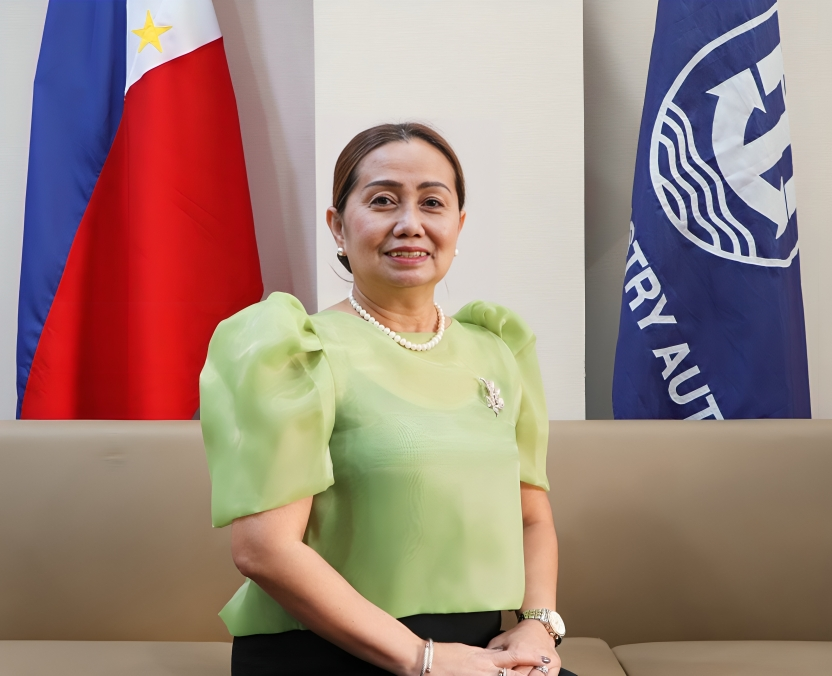
Administrator
Telephone Numbers: (02) 8523-9078 / (02) 8524-2895
Email Address: [email protected]
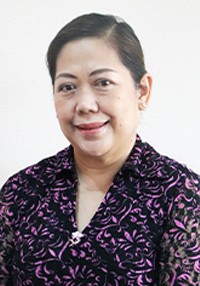
Deputy Administrator for Operations
Telephone Numbers: (02) 8524-7718
Email Address: [email protected]
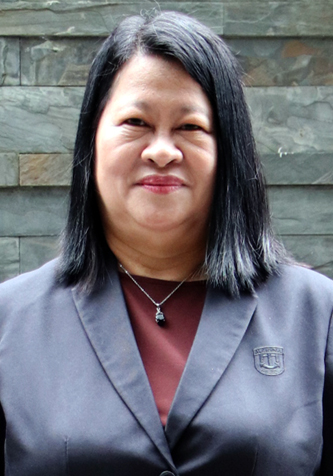
Deputy Administrator for Planning
Telephone Numbers: (02) 8524-61-21
Email Address: [email protected]

Executive Director
STCW Office
Telephone Numbers: (02) 8354-9645
Email : [email protected]
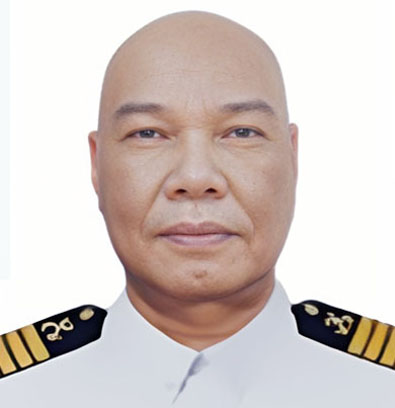
Deputy Executive Director
Office of the Deputy Executive Director
Telephone Numbers: (02) 8527-6247
Email : [email protected]

Chief of Staff
Office of the Executive Director
Telephone Numbers:
Email : [email protected]
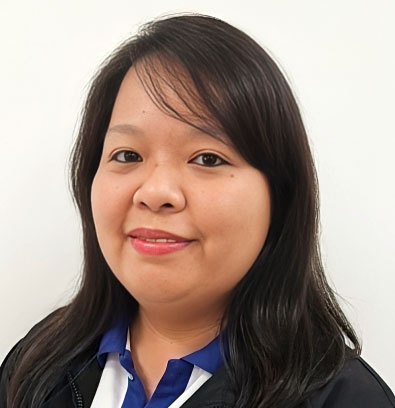
Officer-In-Charge
Accreditation Division
Telephone Numbers: (02) 8310-0348
Email : [email protected]
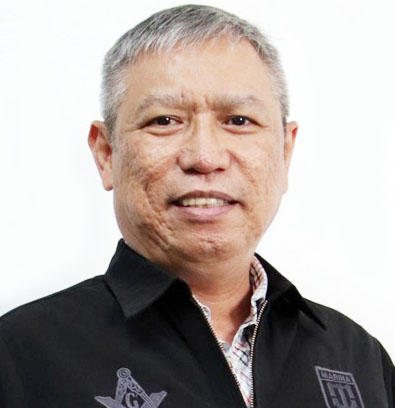
Division Chief
Administrative Services Division
Telephone Numbers: (02) 8536-5182
Email : [email protected]
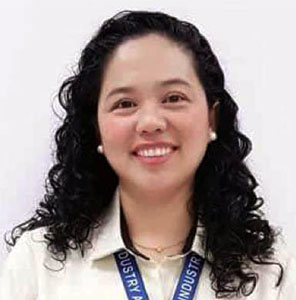
Division Chief
Certification Division
Telephone Numbers:
Email : [email protected]

Officer-In-Charge
Financial Services Division
Telephone Numbers: 02 8536-5182
Email : [email protected]

Division Chief
Examination and Assessment Division
Telephone Numbers: (02) 8526-1049
Email : [email protected]

Division Chief
Information and Communications Technology Management Division
Telephone Numbers:
Email : [email protected]
[email protected]
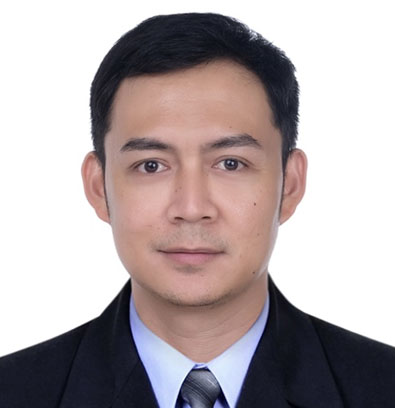
Division Chief
Monitoring Division
Telephone Numbers: (02)8240-9950
Email : [email protected]
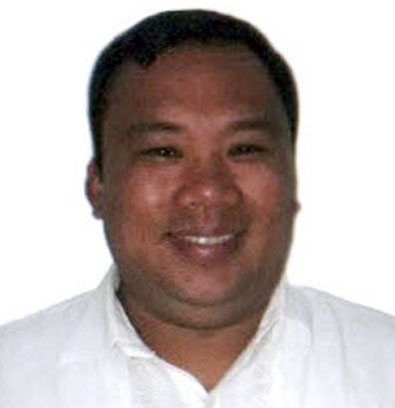
Division Chief
Legal Division
Email : [email protected]
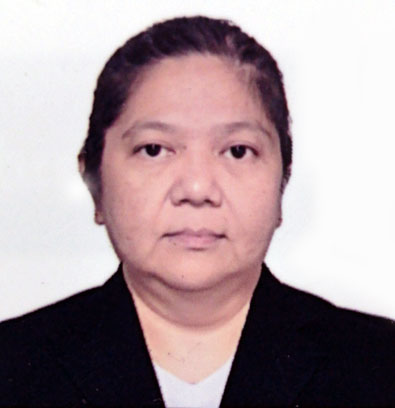
Division Chief
Quality Management Division
Telephone Numbers:
Email : [email protected]
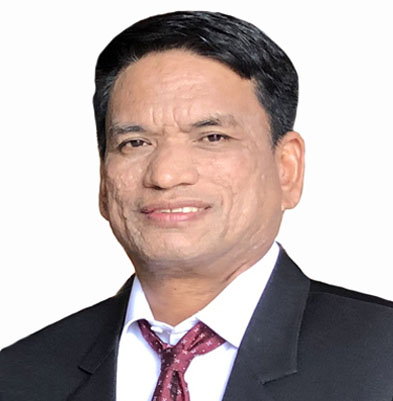
Division Chief
Public Information Division
Telephone Numbers:(02)8240-9950
Email : [email protected]
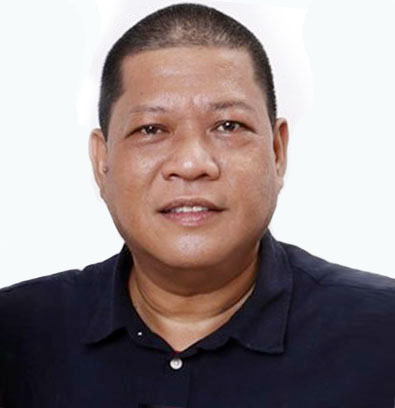
Division Chief
Surveillance Division
Telephone Numbers:
Email : [email protected]

Officer-In-Charge
Research and Development Division
Telephone Numbers:
Email : [email protected]
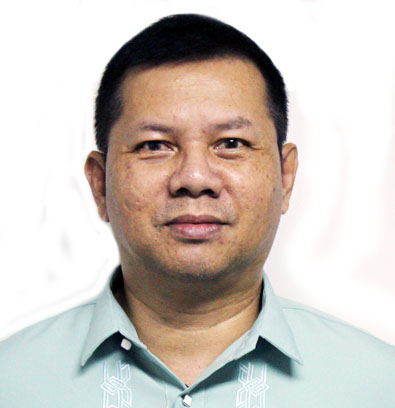
Coordinator
Maritime Education and Training Standards Supervisors (METSS)
Telephone Numbers:
Email :
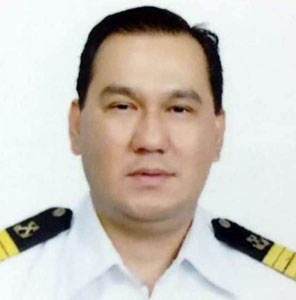
Chairman
Board of Marine Deck Officer (BOMDO)
Telephone Numbers:
Email :
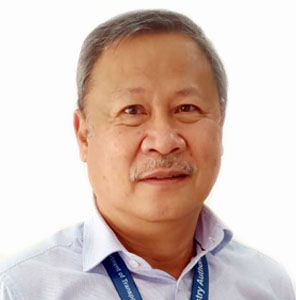
Chairman
Board of Marine Engine Officer (BOMEO)
Telephone Numbers:
Email :

